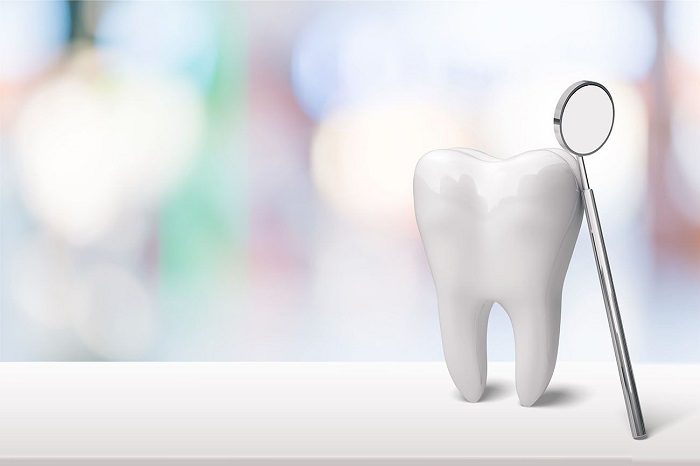A majority of people form at least one cavity in their lives. These early stages of tooth decay occur when natural oral bacteria penetrate a weak spot in a tooth’s enamel, or outer layer. Then bacteria start to eat away at the dental structure until a hole develops in the surface.
A dentist can diagnose a cavity through a visual exam or an X-ray scan. Then, they recommend urgent treatment to get rid of the decay. Do not delay this treatment or you could risk the decay worsening and leaving you with significant, irreversible damage to your smile.
Cavities will not go away on their own, so you will need this dental intervention to restore your oral health. Read on for an improved understanding of the importance of prompt treatment for cavities.

Treating Cavities vs Advanced Tooth Decay
A dentist will treat a cavity by drilling away the damaged part of the enamel and filling the resulting hole with composite resin. You will receive a local anesthetic before starting this process to numb the area and ensure your comfort during the procedure.
The filling will rebuild the structure that decay and drilling have removed from the tooth. The resin also creates a seal over the vulnerable part of the tooth. This stops bacteria from reaching this area to form a new cavity.
Once gone, a cavity will not return. And the dental filling will remain in the tooth for about ten years. But you can form a new cavity on that same tooth if you do not take care of your smile.
If you do not seek urgent treatment for a cavity, the decay will advance, and bacteria will extend beyond the enamel to reach dentin and even the pulp. Treatment for advanced tooth decay will involve more extensive drilling to get rid of this damage.
A dental filling will not provide enough coverage after this procedure. So, these patients will usually need a dental crown to restore and preserve the tooth following severe tooth decay treatment.
Risks of Untreated Tooth Decay
As mentioned, tooth decay will progress further into a tooth without prompt treatment from a dentist. Bacteria will then reach nerves in the dentin layer which can make a patient feel severe pain.
This also leaves the patient at great risk of infection within the tooth. They might form an abscess, which can spread throughout the body and leave you in major medical danger, especially since the brain is so close to the mouth.
Extreme cases of advanced tooth decay might not be completely removed through drilling. In this case, a dentist may need to extract the tooth to ensure infection and other damage do not spread.
You can discuss restorative dental solutions to replace missing teeth and get your smile looking and feeling its best again after this treatment. Schedule your dentist appointment to fix any issues related to tooth decay as soon as you can.
